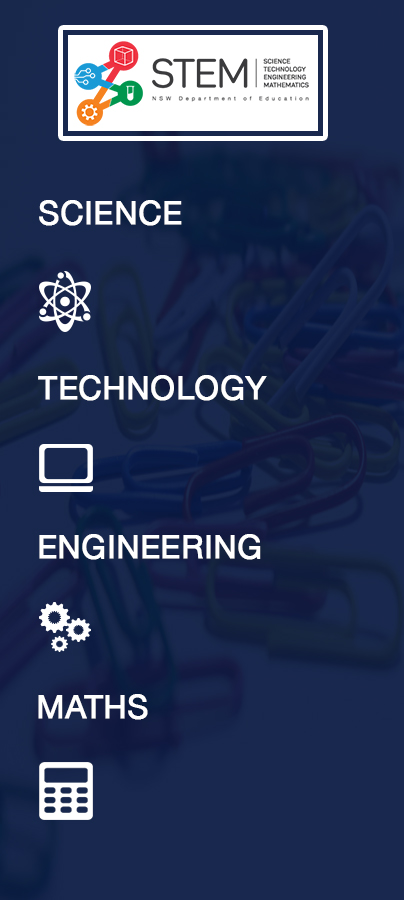
Champions announced for Women in STEM Decadal Plan
– 9 September
The University of Sydney, Australia’s Nuclear Science and Technology Organisation (ANSTO), and defence contractor Raytheon Australia have announced their commitment to women in STEM fields.
The three organisations are inaugural Champions of the Women in STEM Decadal Plan, launched earlier this year by the Australian Academy of Science.
The plan sims to present a shared vision of the STEM ecosystem to attract, retain, and progress girls and women in STEM careers and education.
As the name suggests, the plan will lay out a framework for action over the next ten years, and will inform the work of government, industry, academia, and the education sector. The three champions each represent one of these sectors, highlighting the diverse nature of STEM fields.
The major goal of the program is to achieve gender equity in STEM. While Australia’s total workforce is 47.5 per cent women, only 16 per cent of the STEM skilled workforce are women. The report highlights that this begins at the end of secondary schooling, continues through university and VET training, and culminates in only 28 per cent of management positions in STEM organisations held by women and only eight per cent of CEO/head of businesses in Australian STEM organisations being women.
The lack of representation also has impacts on earnings, where overall, women earn 23.7 per cent less than men in professional, technical and scientific services industries, and graduate salaries for women in STEM range from 6.2 per cent less in maths and science to 19.7 per cent less in agricultural and environmental sciences.
“We are proud to be the first university to champion the Academy of Science’s Women in STEM Decadal Plan,” said Dr Michael Spence, vice chancellor and principal of the University of Sydney.
“The plan aligns with our participation in the SAGE Pilot and our Culture Strategy and will support the amazing work of so many women and men at the University of Sydney who are striving for positive change and stronger representation for women in STEM.”
